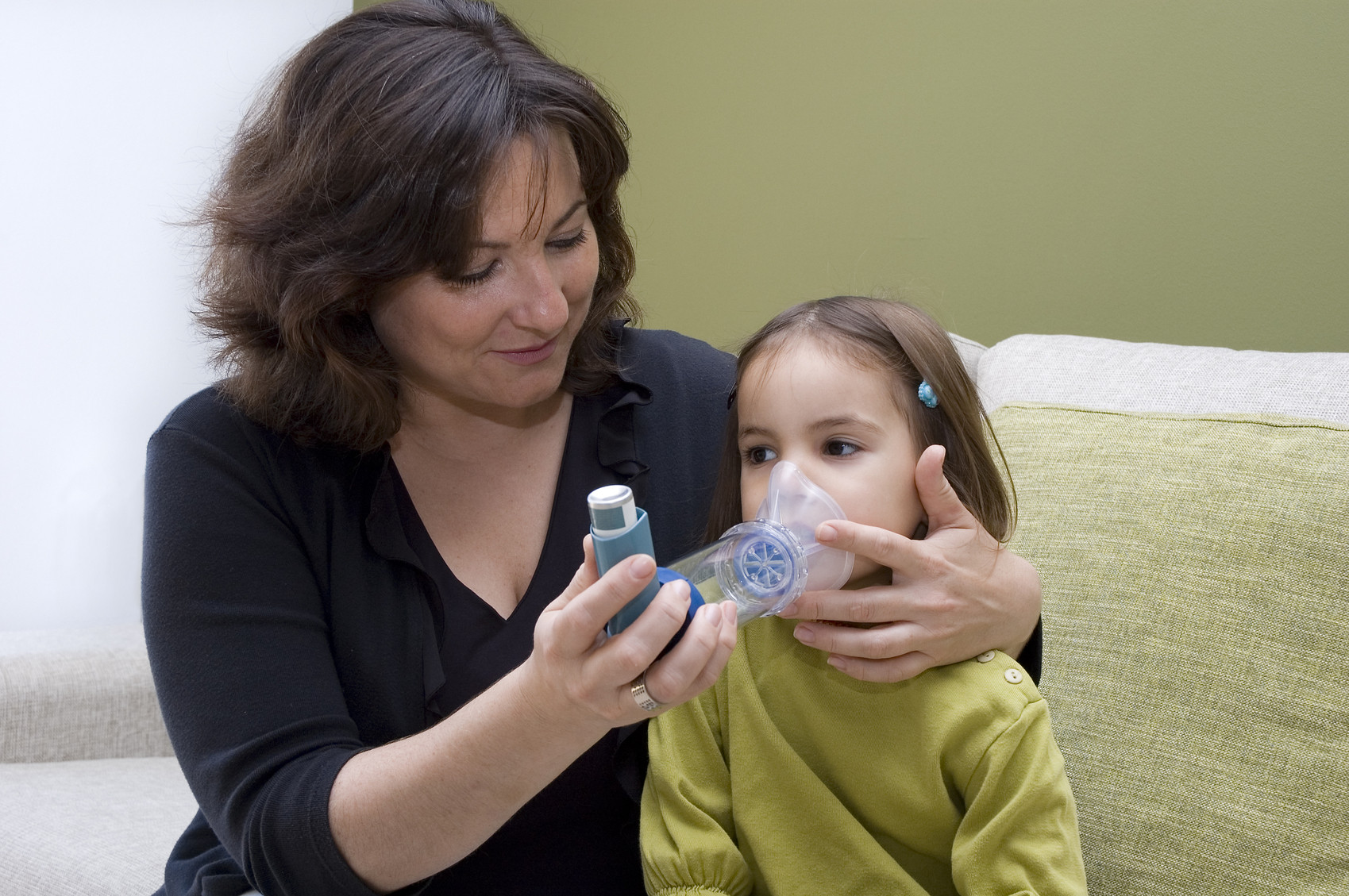Giving antacids and antibiotics to babies can lead to allergies

Follow me on Twitter @drClaire
Allergies are on the rise, especially food allergies. While nobody knows for sure why this is happening, a leading theory is that we may be doing things that mess up our natural microbiome.
Our microbiome is the trillions of organisms that live on and in our bodies, such as bacteria, archaea, fungi, and viruses. We generally think of these organisms as “germs” that can cause illness — and while they can, in some situations it turns out that the right organisms in the right balance actually help keep us healthy. Our microbiome affects how we digest foods, stay at a healthy weight, fight infection, and stave off diseases like diabetes. Through its link to our immune system, our microbiome is thought to be linked to our risk of allergic reactions.
Two common types of medications, antacids and antibiotics, can mess up our microbiome. Antibiotics do it by killing not just the bacteria that make us sick, but also the bacteria that help keep us healthy. As for antacids, by making the stomach less acidic they make it more likely that bacteria from the mouth (that are normally killed by the acid in the stomach when swallowed) make it down into the intestine. Those mouth bacteria can crowd out the bacteria that our intestines need to function normally.
In a study published in JAMA Pediatrics, researchers studied almost 800,000 children from birth to about 4 years of age. They looked to see if the children got antacids or antibiotics in the first six months of life, and then tracked to see if they went on to have any allergic conditions. They found that children who got antacids were twice as likely to have food allergies as those who didn’t, and children who got antibiotics were twice as likely to have asthma as those who didn’t. Children who got either antacids or antibiotics showed an increased risk of other kinds of allergic conditions, from hay fever to severe allergic reactions.
This does not mean that infants should never get antacids or antibiotics. Antibiotics can be lifesaving for infants with bacterial infections, and there are situations when antacids can be extremely useful. But both medications are often overused. Antacids are often used in babies with reflux, or fussiness with feeding; while they can be helpful, the symptoms can be managed in other ways and usually resolve with time. Antibiotics are often used for upper respiratory infections, even though most upper respiratory infections are caused by viruses and don’t need antibiotics.
Moving forward, doctors need to be thoughtful and careful about how they prescribe antacids and antibiotics to infants, only doing it when truly necessary. Parents of infants need to be informed consumers. When given a prescription for either antacids or antibiotics, they should ask if it is truly necessary — and whether there are any alternative treatments that might be tried.
It’s about breaking old habits, and thinking about treatments in different ways based on what research is telling us. The more we learn, the more we can keep our children healthy, not just now but for the rest of their lives.
About the Author

Claire McCarthy, MD, Senior Faculty Editor, Harvard Health Publishing
Disclaimer:
As a service to our readers, Harvard Health Publishing provides access to our library of archived content. Please note the date of last review or update on all articles.
No content on this site, regardless of date, should ever be used as a substitute for direct medical advice from your doctor or other qualified clinician.















